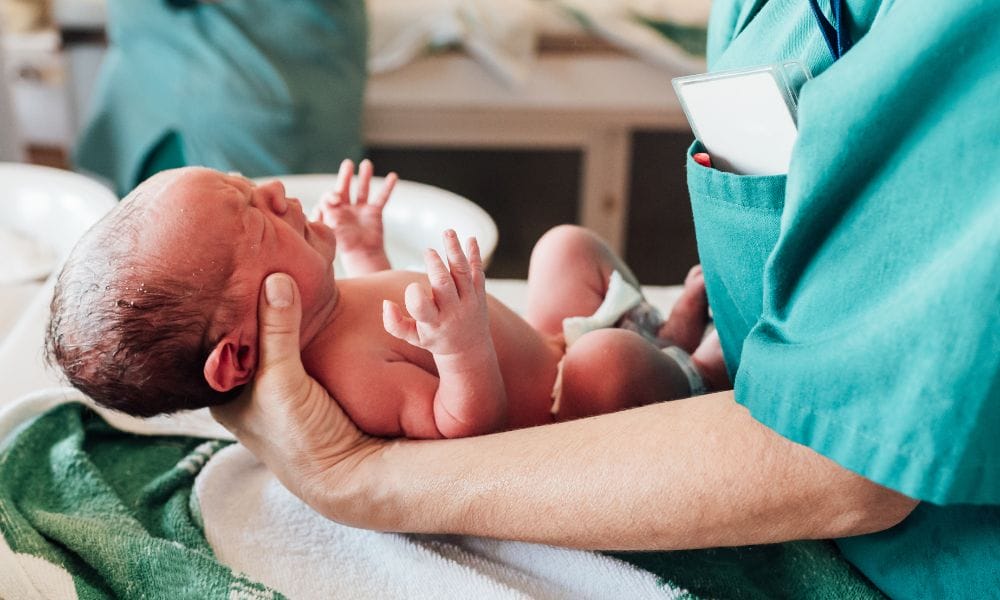Newborns require meticulous care and attention to ensure their well-being in the first moments and days of life, and the ones providing this critical care are nurses. Their responsibilities include various tasks that support the health and development of the newborn. What responsibilities does a nurse have in newborn care? Find out as you prepare for your new role.
Monitoring Newborn Complications
The close monitoring of any complications that may arise is one of the primary responsibilities of a nurse in newborn care. Newborns are vulnerable and can experience various health issues such as breathing difficulties, jaundice, low birth weight, and not feeding. Nurses must be vigilant and responsive, utilizing their training to recognize signs of distress or deviation from expected developmental milestones.
Medicine Administration
Administering medications to newborns is another crucial responsibility requiring precision and an understanding of how dosages differ for infants compared to older patients. It is also imperative for nurses to know how to locate veins for newborn IV insertion, as their vascular systems are much more delicate and less visible than adults. Learning to administer IVs is as important as helping babies receive their first feeding.
Planning Treatments
Nurses are instrumental in planning and coordinating newborn treatment plans. A neonatal nurse works with physicians and other healthcare professionals to find effective approaches that meet every one of an infant’s needs, no matter the uniqueness. Their vigilance in executing treatment plans is vital for keeping a newborn healthy and recovering safely.
Taking and Recording Vitals
A fundamental nursing responsibility is taking and recording a newborn’s vitals. An infant’s chart could include temperature measurements, heart and respiratory rates, and monitoring for any abnormalities. Accurate recording of these vitals is essential for tracking the newborn’s progress and identifying potential health concerns.
Enhanced Skills in Newborn Care
Many medical practices and hospitals encourage nurses to seek professional development opportunities to excel further in newborn care. Pursuing specialized neonatal nursing training ensures proficiency with the latest advancements in newborn care. Furthermore, mentorship from seasoned neonatal nurses can provide invaluable practical knowledge.
Workshops and seminars sharpen critical thinking and decision-making skills, while current best practices and research keep nurses at the forefront of the field. Certifications such as the Neonatal Resuscitation Program (NRP) and S.T.A.B.L.E. Program are additional assets for those seeking emergency newborn care and stabilization expertise.
Nurses ensure our newest members of society receive the highest quality of care during the crucial early stages of life. The responsibilities of a nurse in newborn care are extensive and demanding but also immensely rewarding. Through dedication to continuous learning and skill enhancement, nurses can profoundly impact the lives of newborns and their families.








